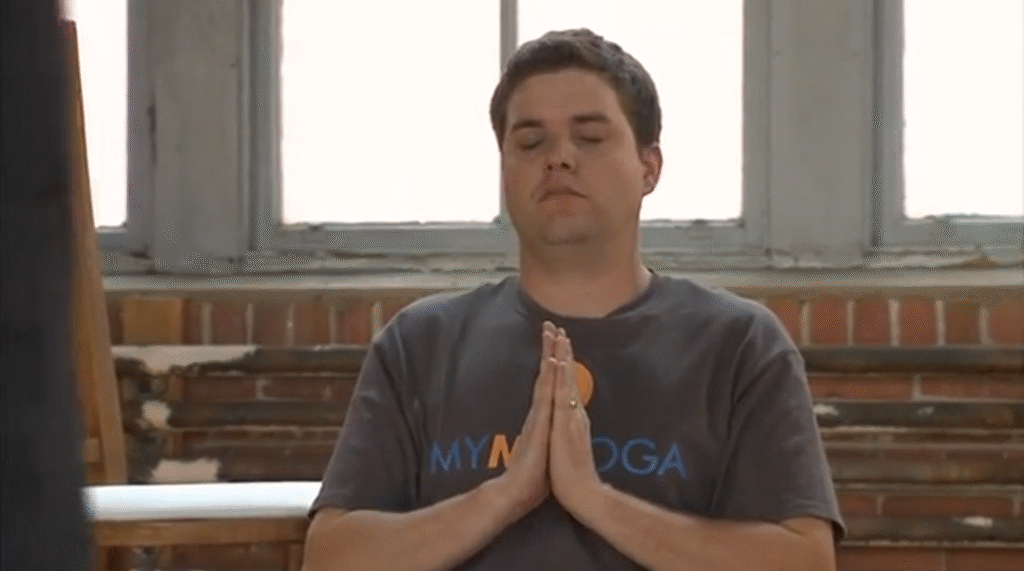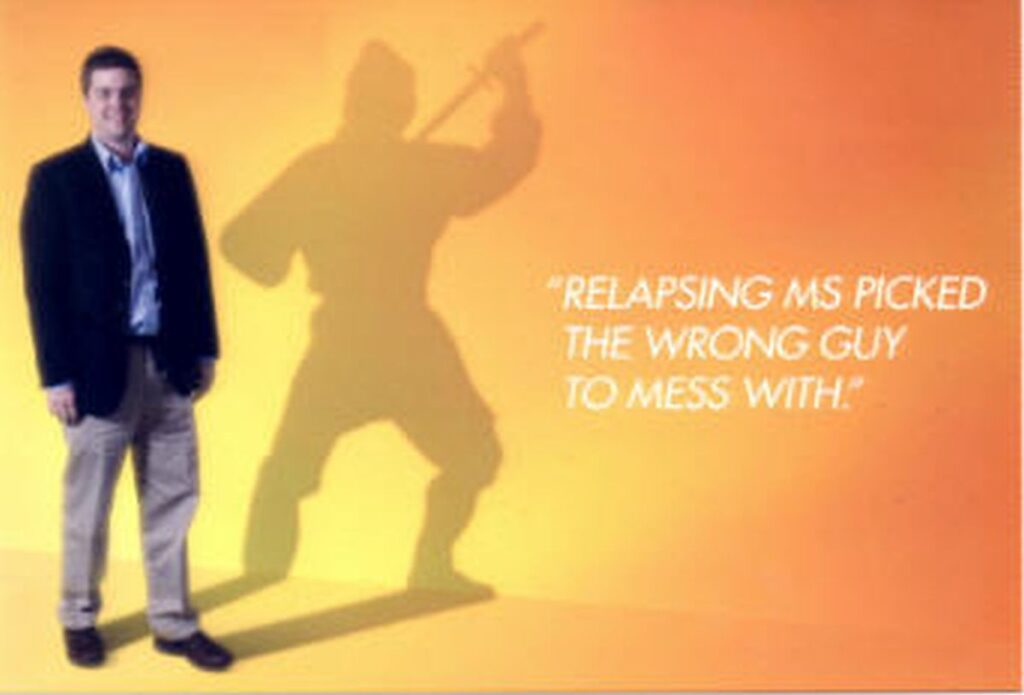On June 10, 2005, I heard the words, “You have MS.” I was twenty-eight years old, numb from the waist down, terrified, and completely unprepared for what came next.
I remember the fear most of all. The way it wrapped around everything. I was afraid I’d never walk again, afraid that I’d end up in a wheelchair like my Aunt Loretta. I was afraid I’d never be able to work, never be a husband Jocelyn could count on, never be a dad. More than anything, I was afraid of becoming a burden. I thought the life I had worked so hard to build was gone, and that whatever was left of it would slowly be chipped away by a disease I didn’t understand.
At the time, I didn’t know a single person living well with MS. The only reference point I had was my aunt, whose disease progressed fast and ended painfully. When I got the diagnosis, it felt like a sentence, like I’d been assigned the same fate. Everyone around me was trying to be supportive, but I couldn’t hear them. I wasn’t ready. I wasn’t okay. I couldn’t see anything but what I was about to lose.
Looking back now, I understand why I felt that way. I was grieving. Grieving the life I thought I was supposed to have. And grief can be loud. It can convince you that your best days are behind you. That you’re broken. That you’ve already peaked. But what I’ve learned in the twenty years since that day is that fear and truth are not the same thing. What I feared would happen didn’t all come to pass. Some of it did, sure. MS has taken things from me. There have been relapses, frustrations, moments when I felt like giving up. But MS didn’t get the last word. It didn’t get my whole story.
Today, twenty years later, I’m doing things I never thought I’d be able to do back then. I’ve written books. I’ve earned my master’s in public health. I’ve spoken on stages and in hospitals across the country, sharing my story with people going through some of the hardest moments of their lives. I’ve worked with healthcare systems to improve the experience for patients like me—people who never asked to be part of this club.
The featured image in this post is from a national campaign I did for a new MS treatment. At one point, I actually found myself modeling—my photo appearing in pamphlets across hospitals and neurologists’ offices nationwide. Not exactly what I pictured when I got diagnosed, but somehow, it became part of the story. So did my appearance in My MS Yoga DVD, a project I never imagined being part of when I was lying in a hospital bed wondering if I’d ever walk again.

And maybe most meaningful of all, I became a dad. Not just in title, but in presence. I’ve raised two boys. I’ve coached their teams, cheered from the sidelines, laughed in the backyard, sat with them through their wins and losses. I’ve been there. Fully. And that is something I wasn’t sure would be possible.
None of this came easily. There were years when I was just surviving. There were days when walking across the room felt like a victory. But somewhere along the line, I stopped measuring my life by what MS had taken and started noticing what I was still building. It wasn’t the life I thought I’d have. But it’s become one I’m proud of.
People sometimes assume my story is one of tragedy. But it’s not. It’s a story of perseverance. Of falling down and getting back up, again and again. Of redefining what strength looks like. Of letting go of the life I thought I was supposed to have and embracing the one that was unfolding in front of me.
If you’re newly diagnosed, or if you’re living in the middle of your own hard story, I want you to hear this: the fear you’re feeling is real, but it’s not the end of your story. It doesn’t have to define you. It doesn’t get to make all the rules. The life ahead of you might look different than what you imagined, but that doesn’t mean it won’t be meaningful, beautiful, or full of joy. It doesn’t mean you won’t love, create, or make a difference.
I thought MS was the end. Turns out, it was just a different beginning.
Twenty years later, I’m still here. Still walking. Still showing up. Still growing. And more than anything, I’m still grateful. Grateful for the people who stayed, the lessons I’ve learned, and the chance to keep telling the story.
If I can do it, you can too.
